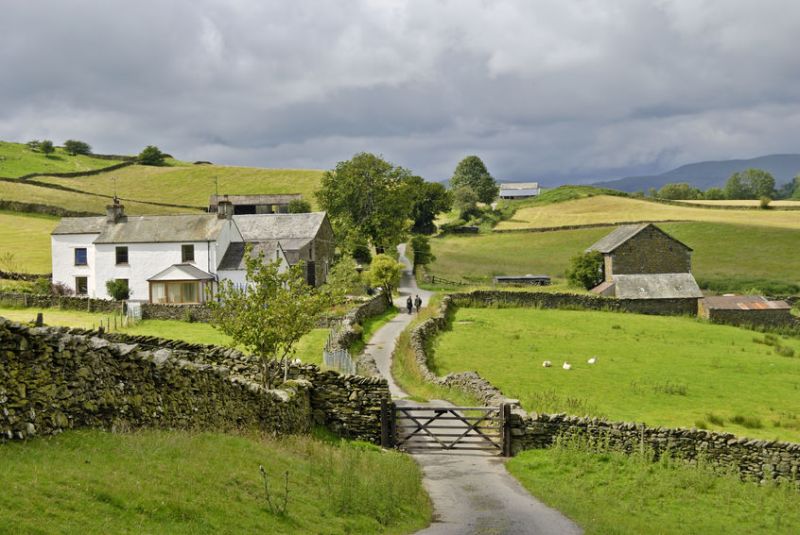
A specialist has highlighted the unusual features of farming divorces and its complex nature that arise as a result of owning a farm. David Milburn, of Stowe Family Law, writes...
I noted with interest recently that the long-running BBC Radio Four programme, The Archers was featuring a storyline concerning the use of a prenuptial agreement.
The story sees Tom Archer announcing his plans to marry new girlfriend, Natasha, to be met with concerns from his family regarding the brief nature of their relationship and his mother, Pat Archer, suggesting that Tom consider a prenuptial agreement.
As is often the case with motherly advice, Pat makes a very sensible suggestion.
Once the preserve of the young and wealthy, prenuptial agreements (prenups) in the UK are on the rise.
Since the case of Radmacher v Granatino in 2010, the courts should recognise a prenup (or a postnup) as long as it is freely entered into by each party and with a full understanding of its implications.
Although this is caveated with the fact that the prenup must be fair to both parties for it to succeed.
Complex ownership structures
Without question, farming cases, upon divorce, are often much more complicated than normal cases, and often involve assets acquired prior to the marriage and passed down through previous generations.
Farming families will have worked hard over many years and do not want to see a new spouse claiming half in the event of divorce.
Farming cases also often involve complex, or even ambiguous, ownership structures, sometimes with various family members having an interest or occupation rights in relation to the farm.
It is for these reasons that prenups can often be a prudent solution for farming families; provided that they are done properly, with the benefit of legal advice, full disclosure of financial circumstances and, most importantly, an outcome that would be regarded as “fair” by the court.
With these in place, a prenup will stand every chance of being upheld in the event of a later divorce.
The problem of liquidity
Often liquidity can be an issue in farming cases. The farm may be worth a significant sum on paper, but if there aren’t liquid funds, it can be difficult to raise capital to fund a financial settlement without affecting the viability of the farm.
Sometimes, selling farm assets can be an option without affecting profitability. Alternatively, creative solutions can be found.
Various high-profile cases have provided for a series of lump sum payments to be made over several years to a divorcing spouse.
It may come as some comfort to learn that the courts are often very slow to sell the family farm in the event of divorce. This is often the last resort.
In the case of P v P (Inherited Property) [2005], the Judge stated as follows: “Fairness may require quite a different approach if the inheritance is… a landed estate that has been within one spouse’s family for generations and has been brought into the marriage with an expectation that it will be retained in specie for future generations”.
Removing uncertainty
Of course, the aim of a pre-nuptial agreement is to remove this uncertainty from any future divorce.
The court is keen to afford couples who intend to marry the autonomy to agree between them an outcome that they themselves regard as fair.
I cannot stress enough the importance of instructing a solicitor who is a specialist in farming divorces. Specialist farming lawyers can help to identify creative solutions when complex issues arise.
For what it is worth, it seems to me that Tom should think hard regarding his mother’s suggestion of a pre-nuptial agreement.
Many have questioned his fiancée’s motives and only time will tell as to whether her motives are genuine.
